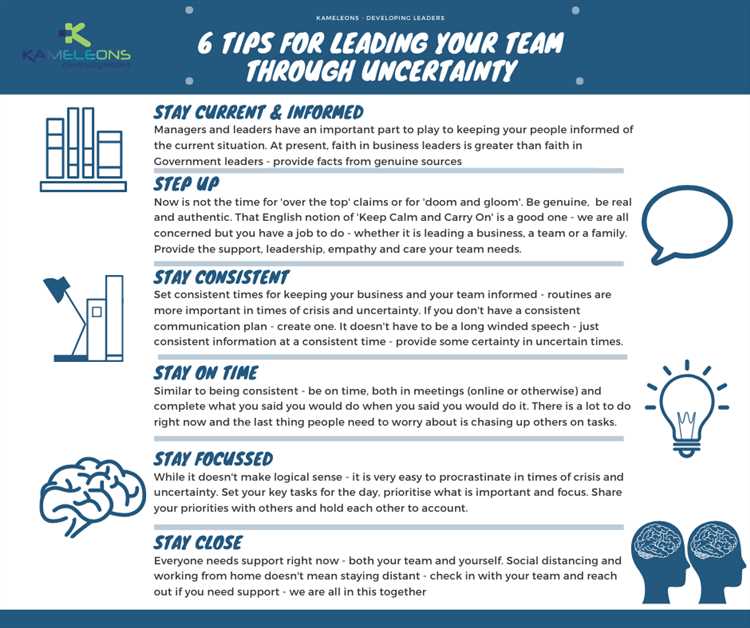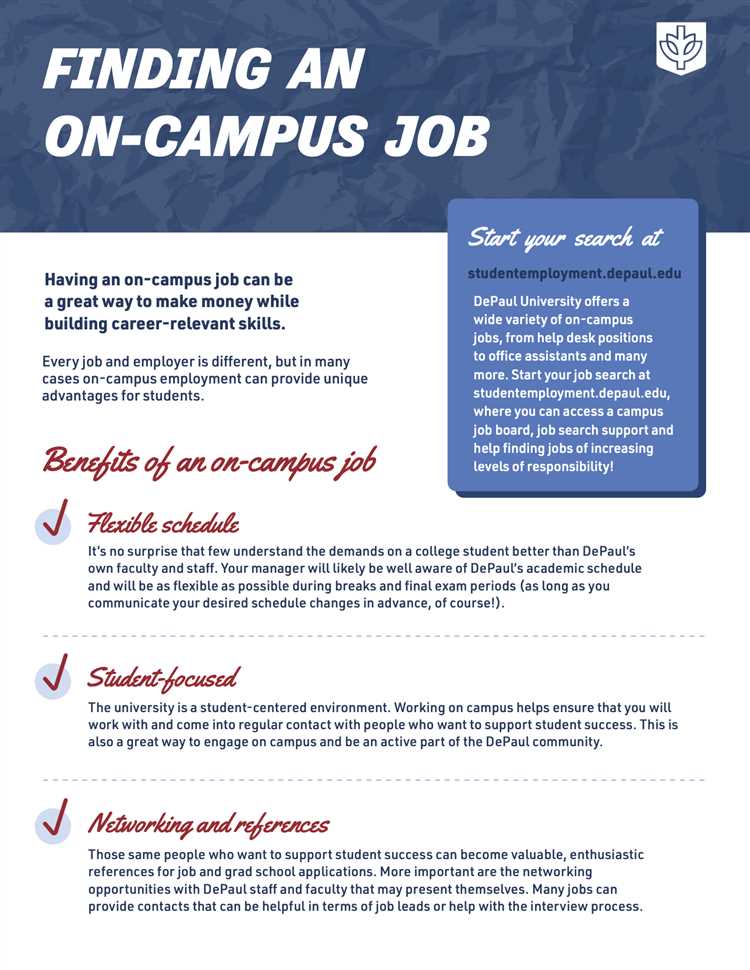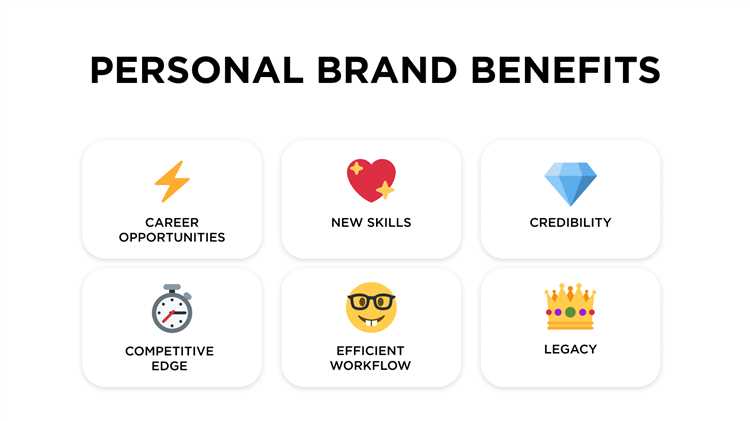

Recognizing and Breaking Free from Mental and Emotional Exhaustion
In today’s fast-paced world, it’s easy to get caught up in the hustle and bustle of your professional life. But how do you know when you’ve pushed yourself too far and reached a breaking point?
Understanding the Signs of Professional Fatigue
It’s important to be able to recognize the subtle signs that indicate you may be experiencing burnout in your career. These signs can manifest themselves in a variety of ways, from physical symptoms such as headaches and insomnia to emotional indicators like irritability and lack of motivation.
Recognizing the Signs of Career Exhaustion
In today’s fast-paced work environment, it’s important to be aware of the indicators that may suggest you are experiencing excessive stress and fatigue from your job. These warning signs can manifest in various ways and may be subtle at first, making it crucial to pay attention to your mental and physical well-being.
| Signs of Career Exhaustion: |
| 1. Loss of motivation and passion for your work |
| 2. Feeling emotionally drained and detached from your job |
| 3. Persistent fatigue and lack of energy |
| 4. Difficulty concentrating and making decisions |
| 5. Increased irritability and impatience with colleagues or clients |
| 6. Physical symptoms such as headaches, muscle tension, or digestive issues |
By recognizing these signs early on, you can take proactive steps to address the root causes of career exhaustion and prevent it from escalating into a more serious issue. It’s important to prioritize self-care, set boundaries, and seek support from friends, family, or a mental health professional if needed.
Identifying the Warning Signals
Recognizing the early signs of distress in your professional life is crucial for preventing negative consequences and maintaining a healthy work-life balance. Keep an eye out for subtle indicators that may signal an impending issue with your job satisfaction and mental well-being.
Strategies for Overcoming Career Exhaustion
In this section, we will explore a variety of techniques and approaches to combatting feelings of fatigue, stress, and dissatisfaction in your professional life. These strategies are designed to help you regain a sense of purpose, motivation, and energy in your work.
| 1. Reevaluate Your Priorities |
| Take a step back and reassess what is truly important to you in your career. Focus on tasks and projects that align with your values and long-term goals, and consider delegating or removing responsibilities that drain your energy without adding value. |
| 2. Practice Self-Care |
| Invest time in activities that nurture your physical, mental, and emotional well-being. Make sure to prioritize adequate sleep, healthy eating, regular exercise, and relaxation techniques such as mindfulness or meditation to recharge and combat stress. |
| 3. Seek Support |
| Don’t hesitate to reach out to colleagues, mentors, friends, or professional counselors for guidance and advice. Building a strong support network can provide valuable insights, encouragement, and perspective during challenging times. |
| 4. Set Boundaries |
| Establish clear boundaries between your work and personal life to prevent burnout and maintain a healthy work-life balance. Learn to say no to excessive demands, prioritize your time and energy, and schedule regular breaks to recharge and rejuvenate. |
| 5. Pursue Growth Opportunities |
| Challenge yourself with new projects, skill development initiatives, or career advancement opportunities that excite and motivate you. Cultivating a sense of growth and learning can reignite your passion for your work and prevent stagnation. |
Effective Steps to Reclaim Your Passion
Rediscovering your enthusiasm and drive in your professional pursuits is essential for long-term success and satisfaction in your work. By taking intentional actions and making positive changes, you can reignite the fire within you and overcome feelings of disillusionment and exhaustion.
1. Reconnect with Your Why: Reflect on the reasons why you chose your career path in the first place. Revisiting your original motivations can help you realign your goals and reignite your passion for the work you do.
2. Engage in Professional Development: Invest in your skill development and knowledge acquisition by attending workshops, taking online courses, or seeking mentorship opportunities. Continuous learning can reignite your passion by opening up new possibilities and expanding your expertise.
3. Find Balance in Your Life: Prioritize self-care and establish boundaries between work and personal life. Engaging in activities that bring you joy and relaxation outside of work can help you recharge and maintain a healthy work-life balance.
4. Seek Growth Opportunities: Challenge yourself by taking on new projects, seeking leadership roles, or pursuing opportunities for advancement within your field. Setting meaningful goals and pushing yourself outside of your comfort zone can reignite your passion by fueling your ambition and drive.
5. Cultivate a Supportive Network: Surround yourself with colleagues, mentors, and friends who encourage and inspire you. Building a strong support system can provide you with the motivation and encouragement you need to reclaim your passion and overcome career burnout.
Building Resilience to Prevent Burnout
Developing inner strength and the ability to bounce back from challenges is crucial in maintaining a healthy work-life balance and avoiding feelings of exhaustion and disillusionment. Resilience acts as a protective shield against the negative effects of stress and can help individuals navigate difficult situations with grace and determination.
- Cultivate a Growth Mindset: Embrace challenges as opportunities for learning and growth, rather than obstacles to overcome. Adopting a positive attitude towards setbacks can help you build resilience in the face of adversity.
- Practice Self-Care: Prioritize self-care activities such as exercise, mindfulness, and adequate rest to recharge your physical and mental energy. Taking care of your well-being is essential in building resilience and preventing burnout.
- Seek Support: Surround yourself with a strong support network of friends, family, or colleagues who can provide encouragement and guidance during tough times. Sharing your struggles with others can help lighten the emotional burden of work-related stress.
- Set Boundaries: Establish clear boundaries between work and personal life to prevent excessive stress and promote a healthy work-life balance. Learning to say no to additional responsibilities when necessary is key in protecting your well-being.
- Practice Mindfulness: Incorporate mindfulness practices such as deep breathing, meditation, or yoga into your daily routine to stay present and calm in the face of stress. Mindfulness can help you stay grounded and focused during challenging moments.
By focusing on developing resilience through these strategies, individuals can better cope with the demands of their career and reduce the risk of burnout. Building a strong foundation of inner strength and self-care habits is essential in maintaining a sense of balance and fulfillment in the face of workplace challenges.


